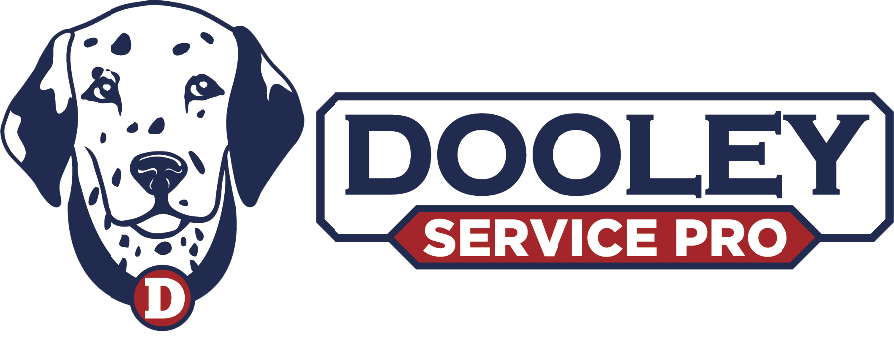How to Extend the Life of Your Septic Tank and Septic System
A septic system is a very important part of what is probably the most important purchase people will make in their lifetime.
The ideal situation would be to start with a new home with a new system and then maintain them them both in the proper way to keep them in top-notch condition. The second best situation would be to know what maintenance was done from the time the system was installed. For many reasons, this is usually not possible; however, if you follow a good maintenance schedule, you can overcome less than ideal situations.
Just like us, septic systems have a lifetime and the following tips can greatly extend that lifetime. Having city sewer comes with having to pay a sewer tax. While you have the benefit of not paying that tax, you have the responsibility of maintaining your own treatment system.
Here are some helpful tips to a clean and trouble-free septic system.
Always conserve water
- Check faucets and/or toilets for leaks; call Dooley if you need repairs!
- Use aerators on faucets and flow reducer nozzles on showers to help reduce Conserve Waterwater usage.
- Use smaller water levels for small loads of laundry.
- Don’t do all the family laundry in one day. Use only biodegradable soaps and cleaning agents.
- Spend less time in the shower with the water running. Long showers attribute to excess water usage.
- Wait until the dishwasher is completely full before running it.
- Use a displacer to limit the amount of water needed to flush the toilet.
- Keep trees away from the septic system
Discourage root damage by keeping trees at least 100 feet away from the septic system. DO NOT plant trees near your septic system. Trees with very aggressive roots, such as willows, should be even farther away from the system.
Dispose of trash and chemicals properly
Do not pour grease or hazardous chemicals down the drain.
Grease can clog the septic drainfield, making it impossible for soil to absorb liquids. If that happens you’ll need a new drainfield.
Grease can also build up and clog the septic tank pipes.
Motor oil, paint thinner, gasoline, pesticides and other similar chemicals can ruin your system and are a hazard to groundwater. Even paint from cleaning paint brushes or painting equipment can damage your septic system.
Limit use of garbage disposals
A garbage disposal can double the amount of solids added to a septic tank.
Choose a top-of-the-line garbage disposal that grinds food into tiny particles. The food then becomes easier for the septic system to digest.
If you use the garbage disposal often, your septic system should be serviced every 1-2 years, depending on the use of the disposal.
A disposal puts a lot of undigestable material into your tank that can not be broken down. Ultimately, it is not healthy for your septic system to use a garbage disposal at all. If you choose to use one, please adjust your maintenance schedule accordingly.
Direct rainwater away from the septic drainfield
Plan landscaping, roof gutters and foundation drains so that excess water is diverted away from the septic drainfield. A soggy drainfield won’t absorb and neutralize liquid waste.
If your system has a diverter box, make the adjustments to alternate the usage of your leaching lines once annually. Additives DO NOT improve your septic system
Overuse of heavy cleaners kills beneficial bacteria in the septic tank, so solids won’t break down as well.
Additives can damage your system by breaking up the sludge layers, thus causing them to flush from the tank and clog the infiltration bed.
Do not rely on the wide range of septic tank additives to be a substitute for the routine pumping of your tank. There are no products at this time that can be used in place of periodically pumping the tank or tanks. Protect the system from damage
Do not drive or park over the drainfield, build a shed or any building on top of it, or cover it with concrete or asphalt. This can crack pipes or cause the distribution box to settle unevenly. Make sure you plant dense grass cover over a drainfield. This will minimize soil erosion. Always practice regular maintenance
Solids must eventually be removed from the tank.
Many experts advise a family of four with a 1,000 gallon septic tank to have the tank pumped after 2-3 years of full time use.
If you use the garbage disposal often, your septic system should be serviced every 1-2 years, depending on the use of the disposal.
Never attempt to open a septic tank yourself. The gases and bacteria in it are extremely dangerous.
If your system has a lift station with a sump pump in it, failure could cause a backup in your home or it could create a very wet area just past your septic tanks. Have it checked for functionality.
If your system has an aeration tank and other mechanical components, it is very important to have them checked for functionality. Some less obvious signs that you may be having septic problems:
Wet areas in your lawn that used to be dry
Hearing a “gurgling” sound in your bathroom drains
If you flush the toilet and the bathtub drain gurgles
The drains become sluggish
The above tips are offered for your benefit, and that of your septic system. If you have any questions, please call us at 937-323-1703. We have over 40 years of experience in this business, and we are always happy to help by sharing the knowledge we have gained during this time.







